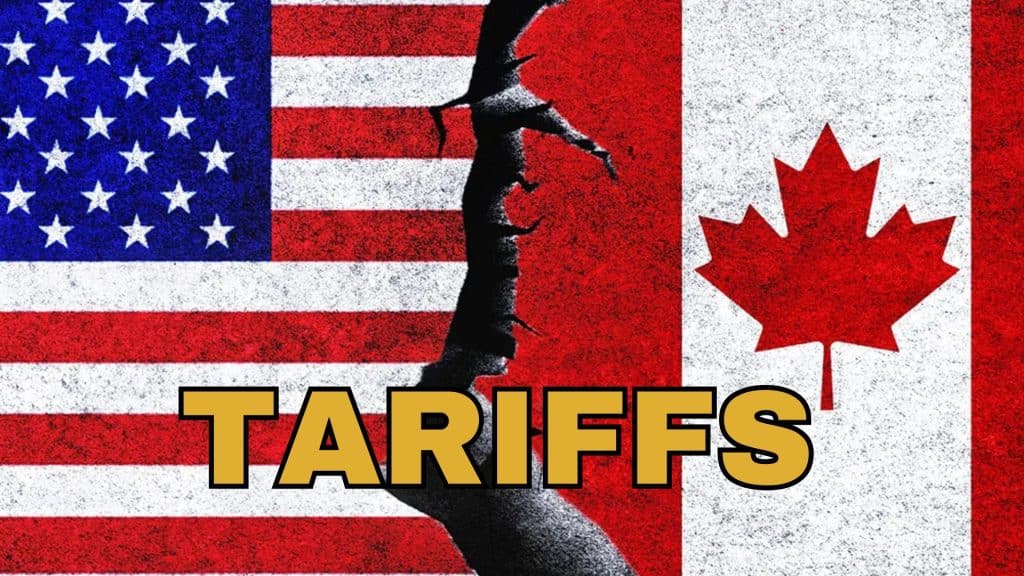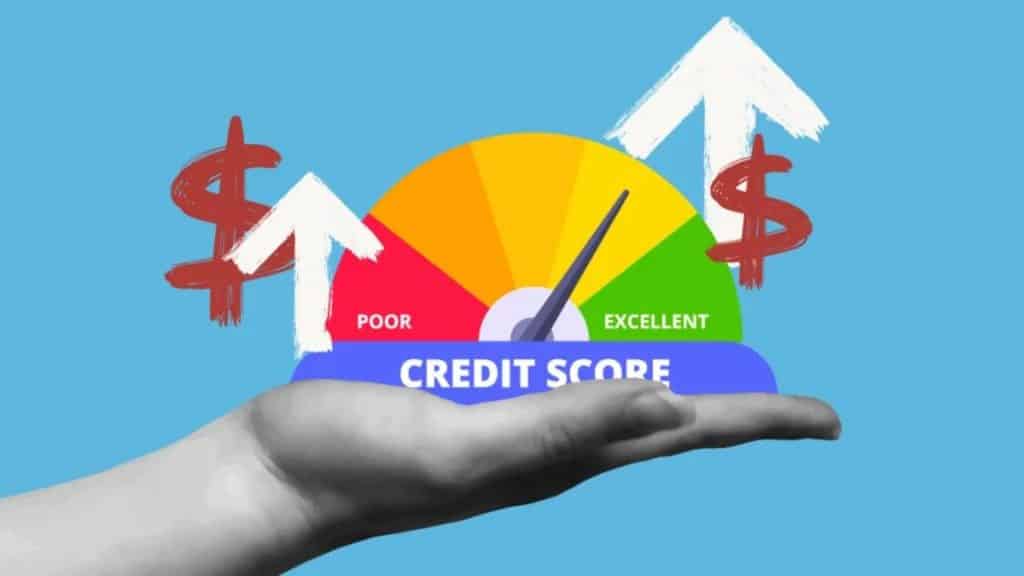What happens when tariffs disrupt the economy? Jobs are impacted, industries struggle, and prices rise. But for Canadian real estate investors, the effects of U.S. trade policies might cut even deeper.
Tariffs can ripple through the economy in ways that aren’t always obvious at first. They impact the cost of goods, consumer confidence, and even borrowing costs—all of which influence the housing market. The question is, what can investors do to protect themselves and find opportunities in this shifting landscape?
Why U.S. Tariffs Matter to Canadians
Let’s start with the basics. Tariffs are taxes on imports, and they’re often used as leverage in trade disputes. When the U.S. imposes tariffs on Canadian goods—like steel, aluminum, and lumber—the cost of those materials increases for buyers. For Canadian businesses, that means they either absorb the added expense, pass it along to consumers, or both.
It’s not just businesses that feel the heat. The effects of tariffs trickle down, hitting workers, communities, and industries that rely on steady trade with the U.S. For a country like Canada, where exports make up a significant part of the economy, those ripples can quickly become waves.
And when the economy struggles, the real estate market rarely escapes unscathed.
How Tariffs Can Impact the Real Estate Market
Job Security and Housing Demand
A strong housing market relies on one essential ingredient: stable jobs. People buy homes when they feel confident in their financial future. But tariffs can shake that confidence by putting jobs at risk in industries tied to U.S. trade.
Take manufacturing, forestry, or natural resources as examples. If demand for Canadian goods drops, companies may scale back production, lay off workers, or freeze hiring. Communities tied to these industries can see sharp declines in housing demand, as fewer people can afford to buy homes or upgrade their living situations.
Even those who keep their jobs may hesitate to make big financial commitments if they’re worried about economic uncertainty. This pullback in buyer activity can create a slowdown in local housing markets.
Rising Costs for Construction and Renovations
Tariffs don’t just hit consumer goods—they also affect raw materials like lumber and steel, which are critical for building and renovating homes. When these materials become more expensive, developers face higher costs that often get passed on to buyers.
For investors, this can create several challenges:
Fewer New Builds: Developers may delay or cancel projects if rising costs eat into their margins. This slows the addition of new housing supply, which can drive up prices in already tight markets.
Higher Renovation Budgets: For investors who rely on value-add strategies, like flipping or upgrading rental properties, higher material costs can erode profitability or force budget cuts.
These challenges can make it harder to find affordable opportunities or complete projects on time and within budget.
The Wild Card: Interest Rates
One of the biggest factors that could influence how tariffs affect real estate is interest rates. Here’s why:
If tariffs slow the economy significantly—causing job losses, reduced spending, and declining business activity—the Bank of Canada may step in to stimulate growth. One way they do this is by lowering interest rates, which makes borrowing cheaper and encourages spending.
For real estate, lower interest rates can be a game-changer:
More Affordable Mortgages: Lower rates mean smaller monthly payments, making homeownership more accessible to buyers.
Boosted Investor Confidence: Investors can take on new projects or expand their portfolios with less concern about financing costs.
Refinancing Opportunities: Existing homeowners and investors can refinance their mortgages at better rates, freeing up cash for other investments.
On the flip side, if tariffs push inflation higher—because of rising costs for goods and materials—the Bank of Canada might raise interest rates to control inflation. Higher rates make borrowing more expensive, which could cool housing demand and strain cash flow for investors carrying variable-rate debt.
The direction rates move will depend on how the economy reacts to the tariffs, making them the wild card in this scenario.
Why Regional Impact Matters
Not all parts of Canada will feel the effects of tariffs equally. The impact depends on how tied a region’s economy is to industries vulnerable to U.S. trade policies.
For example, communities that rely heavily on manufacturing, forestry, or resource extraction might see sharper declines in housing demand if those industries struggle. By contrast, regions with more diversified economies or strong public-sector employment could prove more resilient.
As an investor, understanding the economic drivers of your target markets is crucial. What works in one region might not translate to another, especially during periods of economic turbulence.

What Real Estate Investors Should Do Now
Tariffs and trade disputes don’t have to derail your investment plans. With the right strategies, you can navigate these challenges and even uncover new opportunities. Here’s how:
1. Build Cash Reserves
Uncertainty underscores the importance of financial flexibility. Having cash on hand allows you to cover unexpected expenses, such as rising mortgage payments, vacancies, or increased renovation costs. It also positions you to act quickly if opportunities arise, like discounted properties in slower markets.
2. Monitor Interest Rate Trends
Pay close attention to signals from the Bank of Canada. If rates drop, consider taking advantage of favorable terms on new purchases or refinancing existing debt to reduce costs. If rates rise, focus on maintaining strong cash flow to handle increased expenses.
3. Focus on Long-Term Value
In uncertain times, the fundamentals of a good investment matter more than ever. Look for properties in areas with strong rental demand, growing populations, and diversified economies not overly impacted due to US Tariffs. These factors help protect your investment’s value even during economic slowdowns.
4. Consider Rental Opportunities
If economic uncertainty pushes more people into renting rather than buying, the rental market could see increased demand. Keep your properties well-maintained and competitively priced to attract tenants, even in tighter markets.
5. Diversify Your Portfolio
Avoid putting all your eggs in one basket. If your investments are heavily tied to a single industry or region, consider diversifying to spread your risk. A balanced portfolio is better equipped to handle market fluctuations.
The Bright Spot: Lower Rates Could Boost Real Estate
While tariffs bring challenges, they could also create opportunities—especially if the Bank of Canada responds with rate cuts. Lower borrowing costs can stimulate demand, encouraging buyers to enter the market and investors to take on new projects.
The key is being ready to act. If rates drop, securing favorable financing early can give you an edge in a competitive market.
The Bottom Line
U.S. tariffs could disrupt Canada’s economy, but they’re not a death sentence for the real estate market. By staying informed, planning for different scenarios, and focusing on the fundamentals of smart investing, you can weather the storm and even find opportunities in the turbulence.
Economic uncertainty is part of the game in real estate. The best investors know how to adapt, pivot, and stay focused on their long-term goals. Whether it’s preparing for interest rate changes, managing rising costs, or identifying resilient markets, your ability to stay proactive will set you apart.
In the end, challenges like these are just part of the journey. Stay flexible, keep learning, and look for opportunities to grow—even when the market feels unpredictable.




